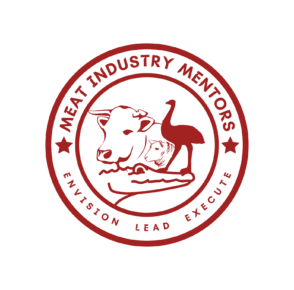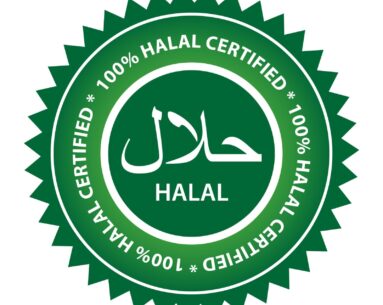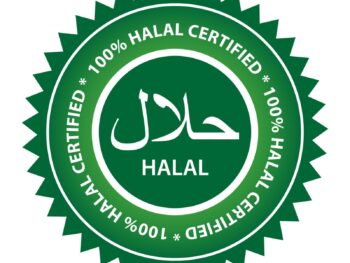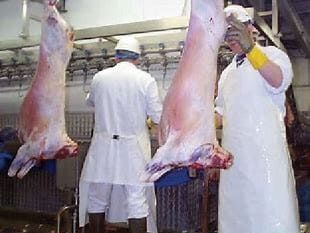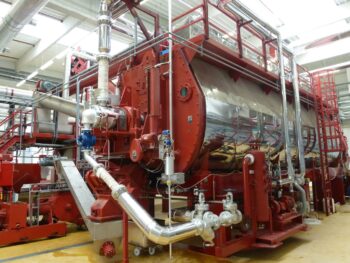In the meat industry, the design and construction of a slaughterhouse processing plant are crucial steps in ensuring not only efficiency and productivity but also adherence to religious dietary laws such as halal. Halal, an Arabic term meaning "permissible" or "lawful," encompasses specific guidelines and practices for the slaughter and processing of meat in Islamic tradition. Designing a slaughterhouse processing plant that meets halal requirements involves careful planning, attention to detail, and a commitment to maintaining the highest standards of quality and compliance.
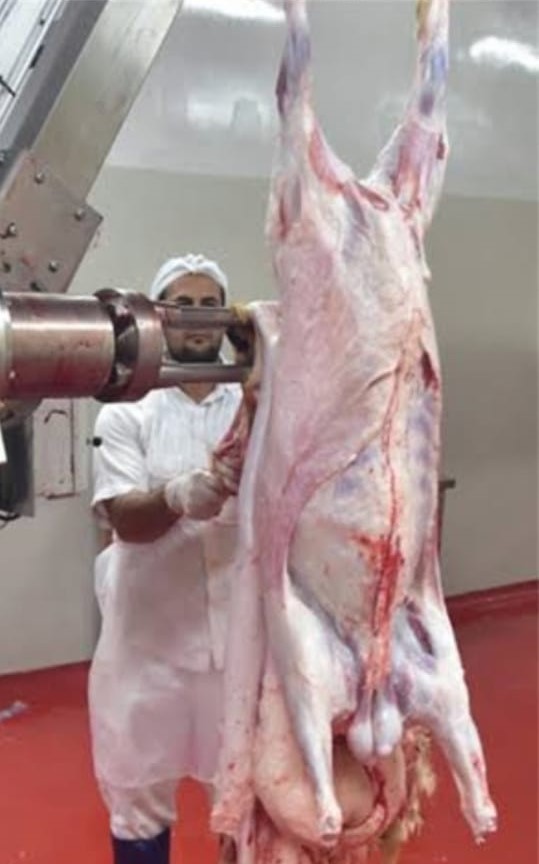
Understanding Halal Processing:
Halal meat production involves several key principles that dictate how animals are raised, slaughtered, and processed. These principles include:
- Animal Welfare: Halal slaughter emphasizes the humane treatment of animals throughout their lives, including feeding, handling, and transportation.
- Slaughter Process: The slaughter process must be performed by a trained individual known as a "Muslim slaughterer" or "halal slaughterer." The animal is slaughtered by swiftly cutting the throat while reciting a blessing, known as the tasmiyah or shahada.
- Blood Drainage: Ensuring thorough blood drainage from the carcass is essential in halal processing to remove impurities and maintain the meat's halal status.
- Avoidance of Prohibited Substances: Halal meat must be free from prohibited substances such as pork and alcohol, and it should not come into contact with non-halal products during processing.
Designing the Processing Plant:
When designing a halal slaughterhouse processing plant, several factors must be considered to meet both halal requirements and industry standards for safety, hygiene, and efficiency:
- Layout and Flow: The layout of the processing plant should be designed to optimize the flow of operations, from receiving animals to packaging finished products. Separate areas should be designated for different stages of processing to prevent cross-contamination.
- Equipment Selection: Selecting appropriate equipment that facilitates halal slaughter and processing is essential. This includes specialized tools for stunning (if permitted), restraining, and bleeding animals, as well as equipment for evisceration, carcass chilling, and packaging.
- . Sanitary Design: Hygiene and sanitation are paramount in halal meat production to prevent contamination and ensure product safety. The processing plant should incorporate sanitary design principles, including smooth surfaces, easy-to-clean materials, and adequate drainage systems.
- Halal Certification: Obtaining halal certification from a reputable certifying body is essential for ensuring that the processing plant meets halal standards recognized by the Muslim community. This certification demonstrates a commitment to transparency, integrity, and compliance with halal requirements.
- Products Manufactured in a Halal Processing Plant:
- A halal slaughterhouse processing plant can produce a wide range of meat products that comply with halal standards. These may include:
- Fresh cuts of beef, lamb, and poultry
- Processed meats such as sausages, burgers, and deli slices
- Specialty products like smoked meats, marinated cuts, and kebabs
- By-products such as bones, offal, and rendered fats, which may also be used in various food and non-food applications
- Conclusion:
- Designing a halal slaughterhouse processing plant requires careful consideration of halal principles, industry regulations, and best practices in meat processing. By prioritizing animal welfare, hygiene, and compliance with halal standards, such facilities can ensure the production of high-quality halal meat products that meet the needs and expectations of Muslim consumers worldwide. Through meticulous planning, design, and implementation, halal processing plants play a vital role in upholding the integrity and authenticity of halal meat production.
Products produced in a halal processing plant include a variety of items that comply with Islamic dietary laws. These can range from plant-based and vegan products, which have recently seen an increase in halal certification, to traditional meat and poultry items processed according to halal standards. The facilities ensure that the production, processing, and handling of these products meet the strict guidelines required for halal certification. This includes the use of permissible ingredients, adherence to proper slaughtering practices, and maintaining cleanliness to prevent contamination.
A halal slaughterhouse processing plant can produce a wide range of meat products that comply with halal standards. These may include:
- Fresh cuts of beef, lamb, and poultry
- Processed meats such as sausages, burgers, and deli slices
- Specialty products like smoked meats, marinated cuts, and kebabs
- By-products such as bones, offal, and rendered fats, which may also be used in various food and non-food applications
Conclusion:
Designing a halal slaughterhouse processing plant requires careful consideration of halal principles, industry regulations, and best practices in meat processing. By prioritizing animal welfare, hygiene, and compliance with halal standards, such facilities can ensure the production of high-quality halal meat products that meet the needs and expectations of Muslim consumers worldwide. Through meticulous planning, design, and implementation, halal processing plants play a vital role in upholding the integrity and authenticity of halal meat production.
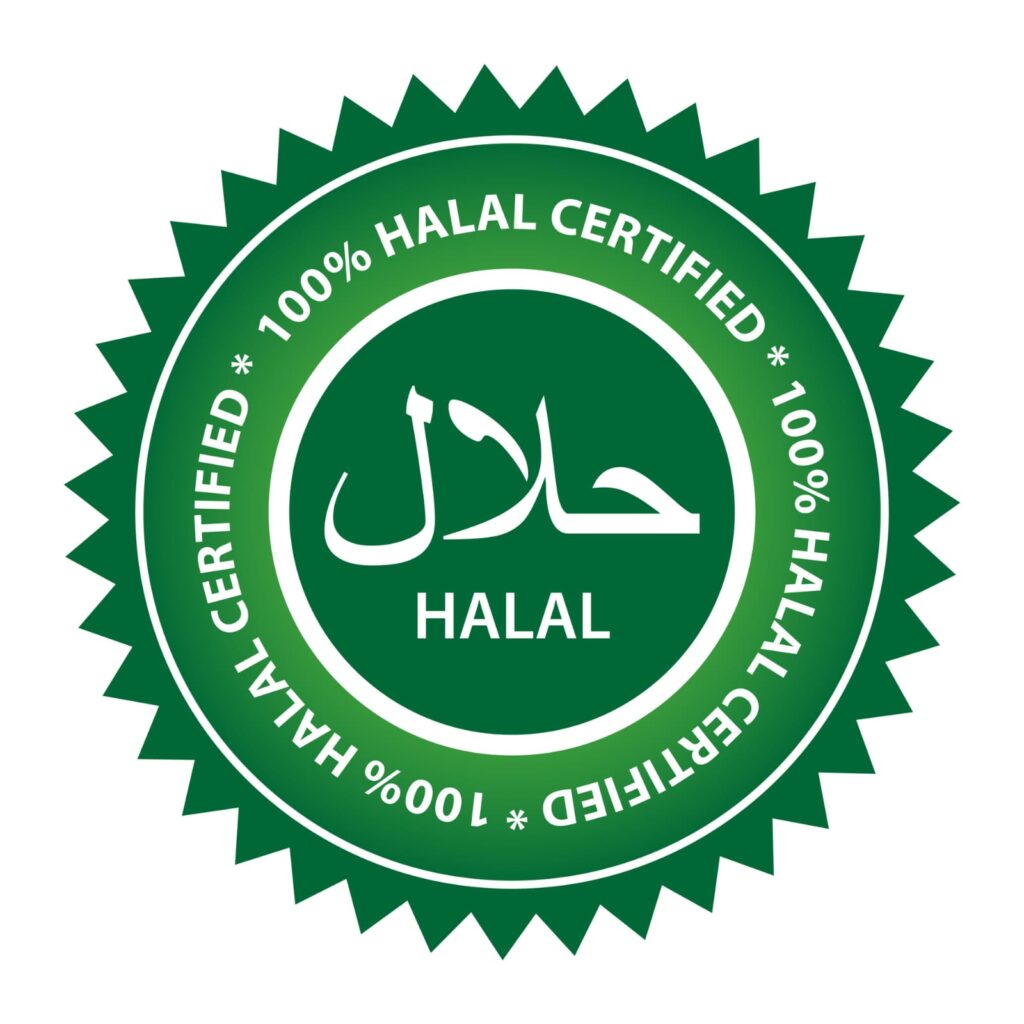
"Certified Halal: Ensuring the highest standards in ethical, humane slaughtering practices."
